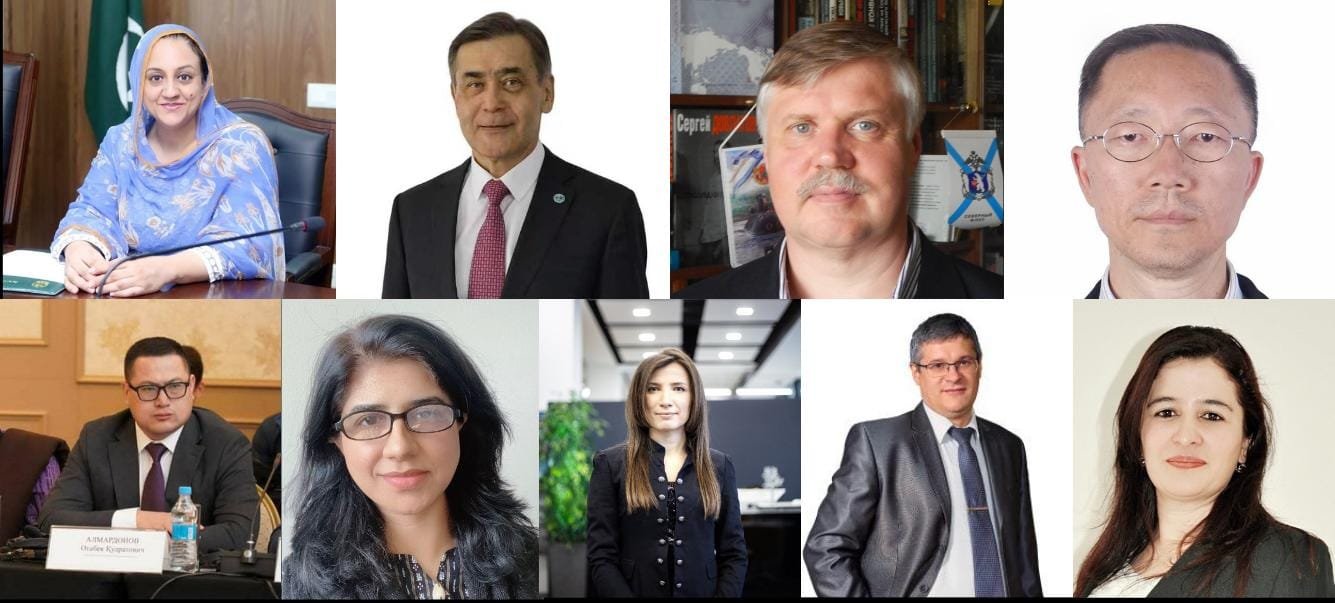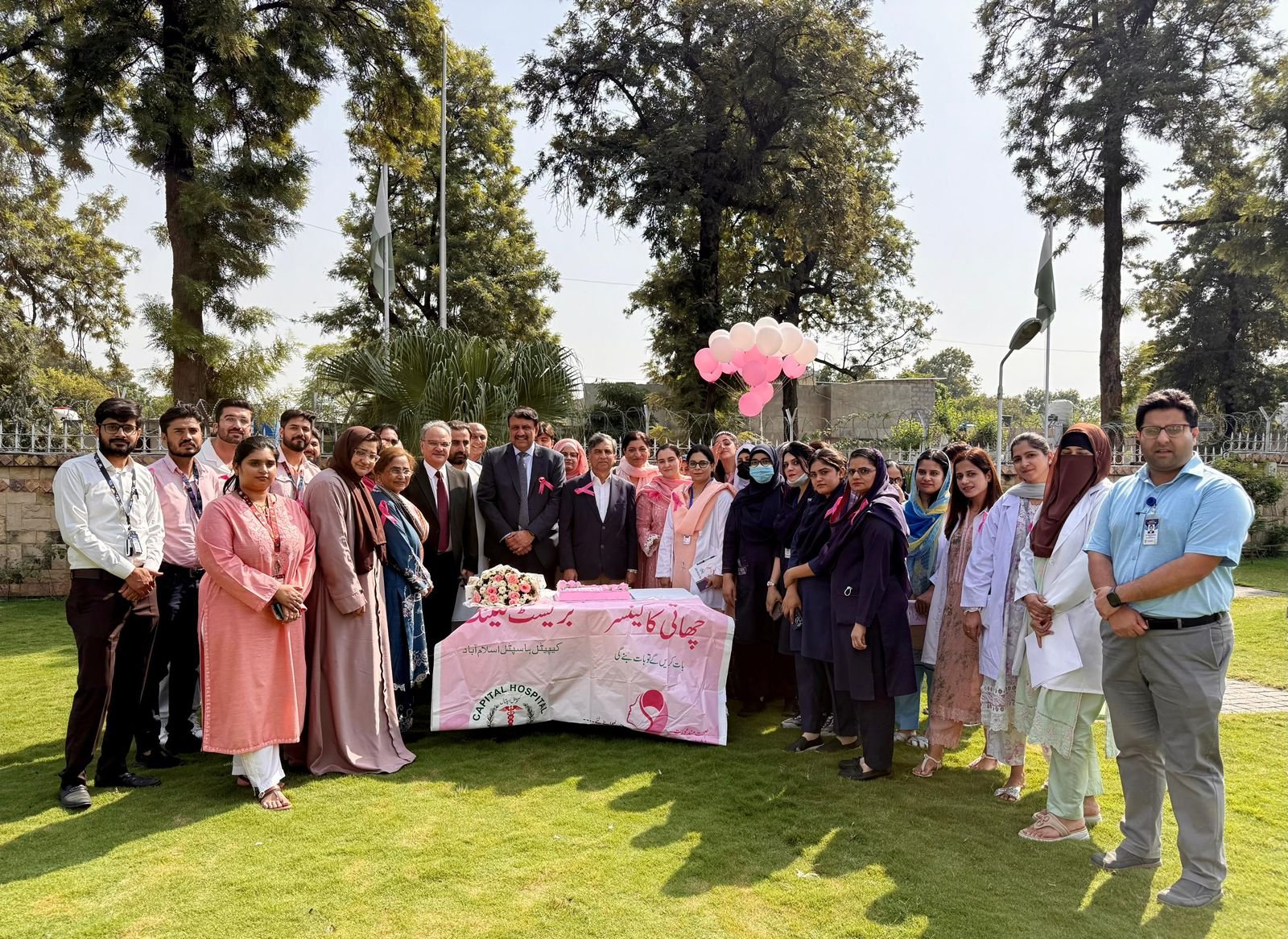Islamabad — The Secretary General of the Shanghai Cooperation Organization (SCO), Nurlan Yermekbayev, underscored China’s growing role in global governance and multilateral diplomacy during a webinar titled “Post-Tianjin SCO Summit: Achievements and Prospects for Multipolar Regional Cooperation.”
The event was jointly hosted by the Centre for SCO Studies at the Institute of Peace and Diplomatic Studies (IPDS) and the Pakistan SCO Friendship Forum, bringing together diplomats, scholars, and policy experts from across the SCO region.
Yermekbayev called the Tianjin Summit a turning point in defining the SCO’s future roadmap. He said that member states presented 66 new proposals, including the creation of the SCO Development Bank to support sustainable growth, clean energy, and technological innovation.
Highlighting China’s Global Governance Initiative (GGI), Yermekbayev said it reflects a commitment to inclusivity, mutual respect, and sovereignty—principles that align with the SCO’s mission. He emphasized that China’s vision of a shared future for humanity continues to strengthen regional trust and cooperative development within the organization.
In her opening remarks, Dr. Farhat Asif, President of IPDS, welcomed participants and reaffirmed the institute’s dedication to advancing regional diplomacy through research, dialogue, and capacity-building. She introduced the Centre for SCO Studies as Pakistan’s first specialized platform for promoting public engagement and policy research related to the SCO framework.
Representing China, Yu Xueyong, Deputy Secretary-General of the Good-Neighborliness, Friendship, and Cooperation Commission of the SCO, shared that Beijing hosted over 200 events, signed 99 cooperation agreements, and launched 36 joint projects during its chairmanship. He said these efforts have deepened solidarity and enhanced people-to-people ties among member nations.
From Russia, Dr. Andrey K. Krivorotov of the Russian Academy of Sciences noted that the Tianjin Summit reaffirmed Moscow and Beijing’s shared commitment to multipolarity and collective global governance. Similarly, Dr. Anton Sergeevich Dudaranak from the Belarusian Institute of Strategic Research said the SCO and BRICS are emerging as major drivers of South-South cooperation and regional stability.
Dr. Lidiya Parkhomchik of Kazakhstan’s Institute of World Economics and Politics highlighted the importance of environmental and transport connectivity under China’s Belt and Road Initiative (BRI). From Pakistan, Dr. Sarwat Rauf of NUML University emphasized the need for institutional strengthening and policy harmonization within the SCO framework.
Representing Tajikistan, Dr. Doronshoeva Nekbakht of the National Academy of Sciences described the SCO as a “symbol of the multipolar transition”, pointing to progress on regional information and food security centers. Dr. Alimardonov Otabek Kudratovich from Uzbekistan’s SCO Centre of Public Diplomacy stressed that public diplomacy and cultural exchange are becoming vital to shared development and mutual understanding.
The webinar concluded with a collective agreement among experts that the SCO continues to evolve as a platform for multipolar cooperation, fostering stability, inclusivity, and sustainable progress across Eurasia.









